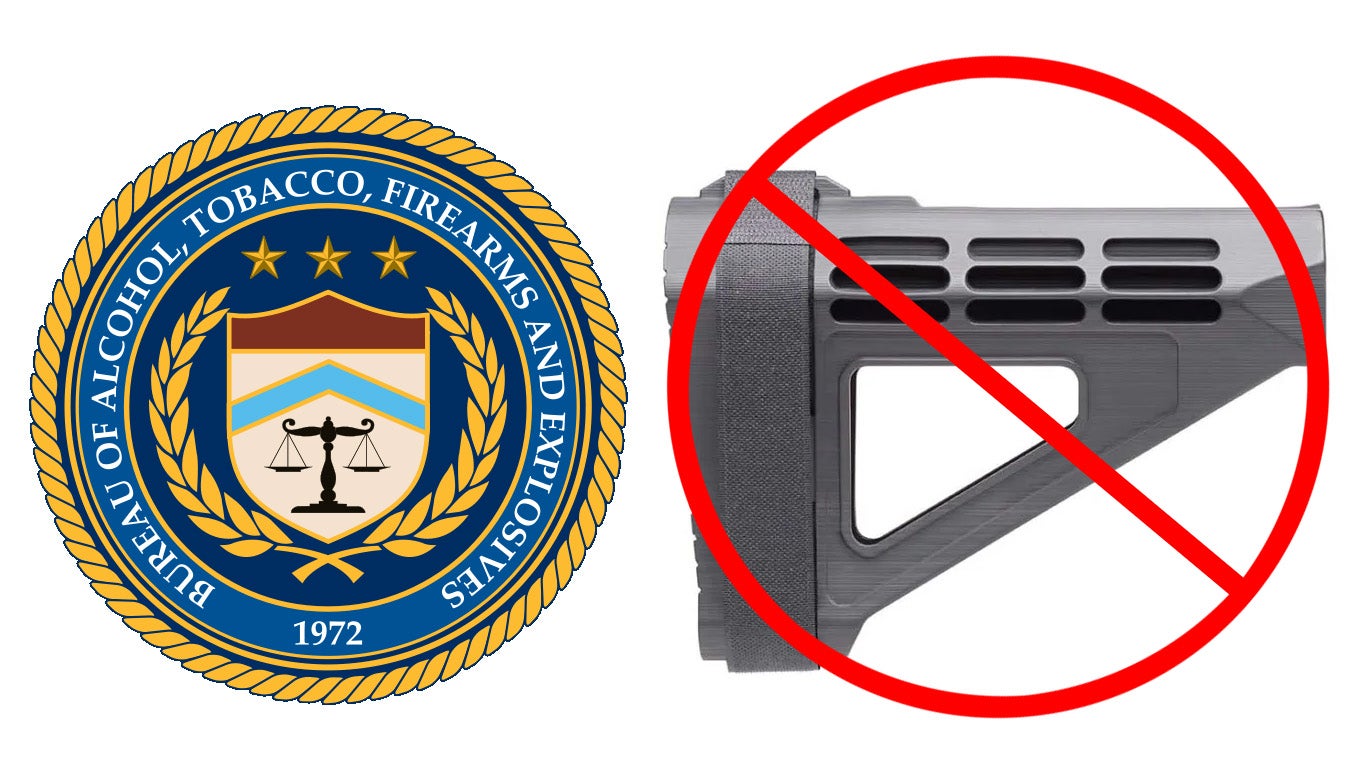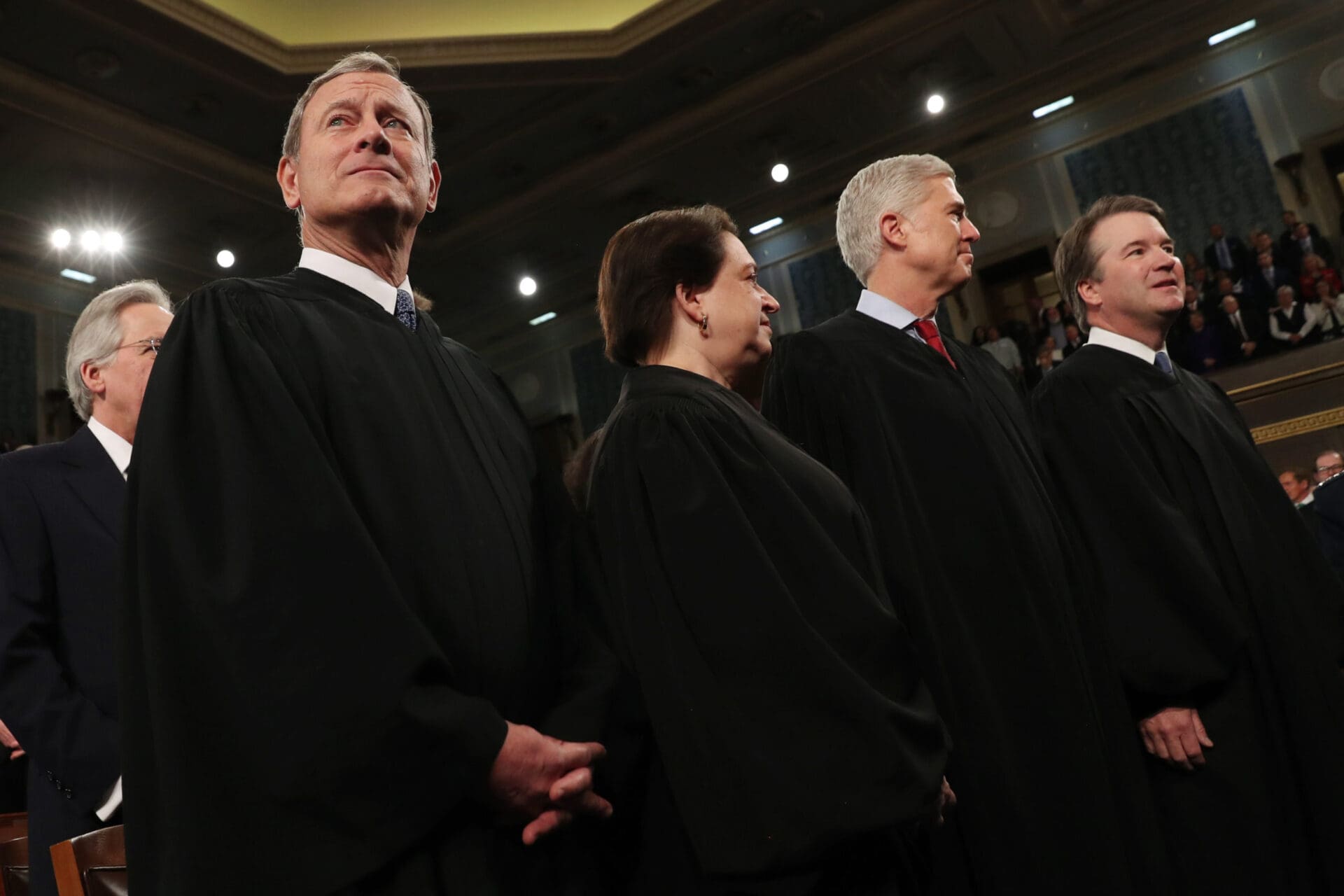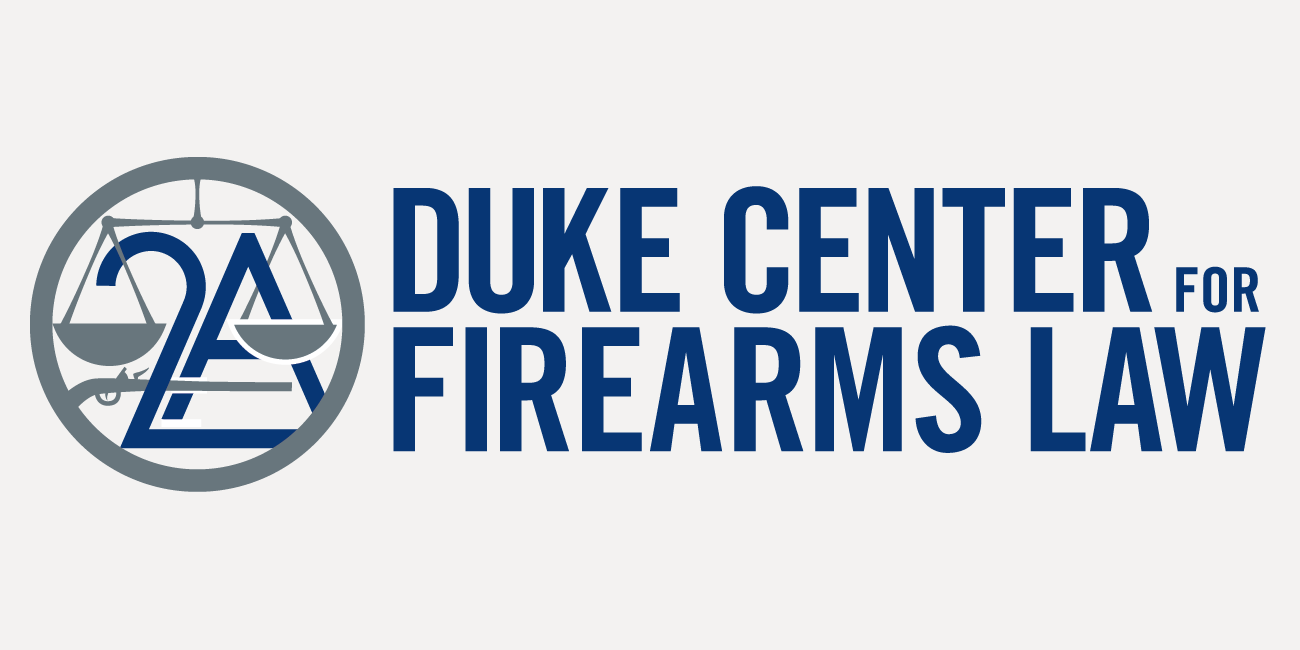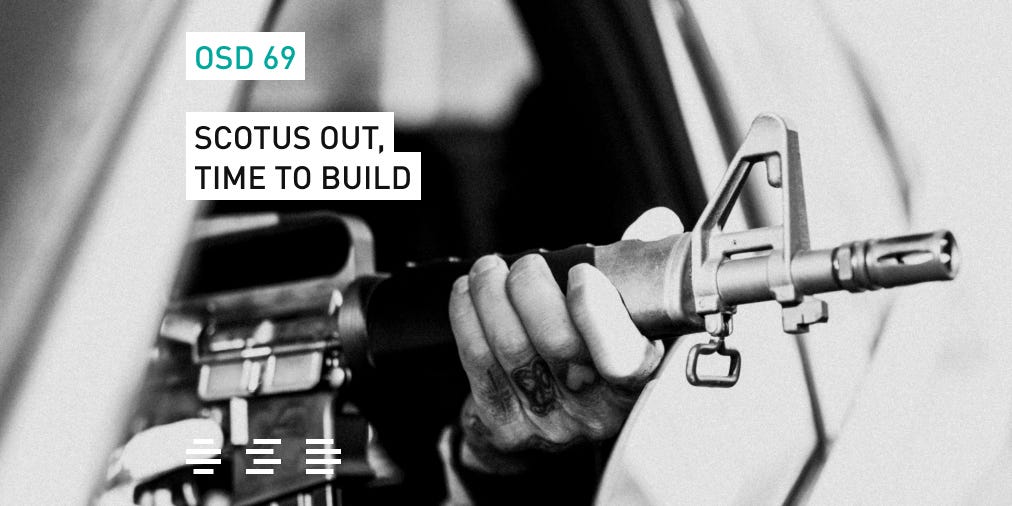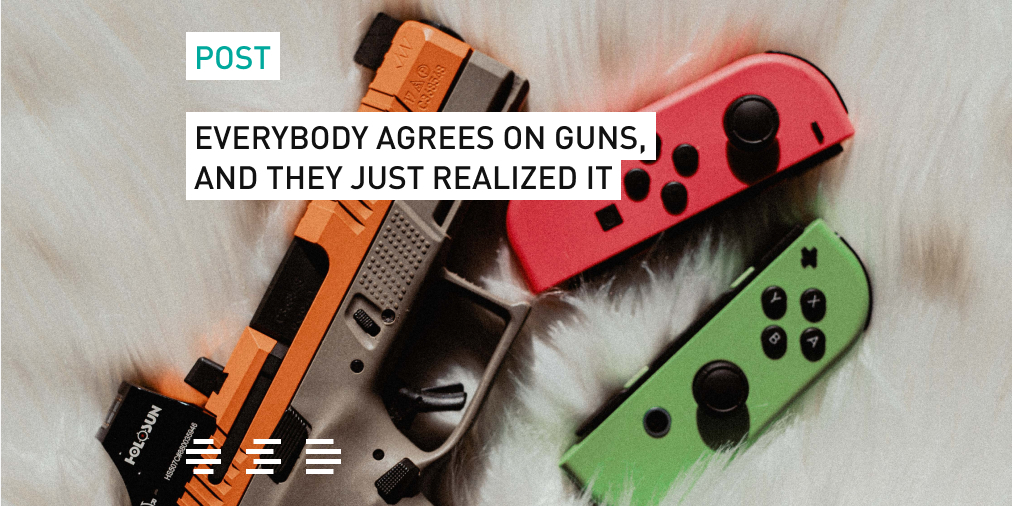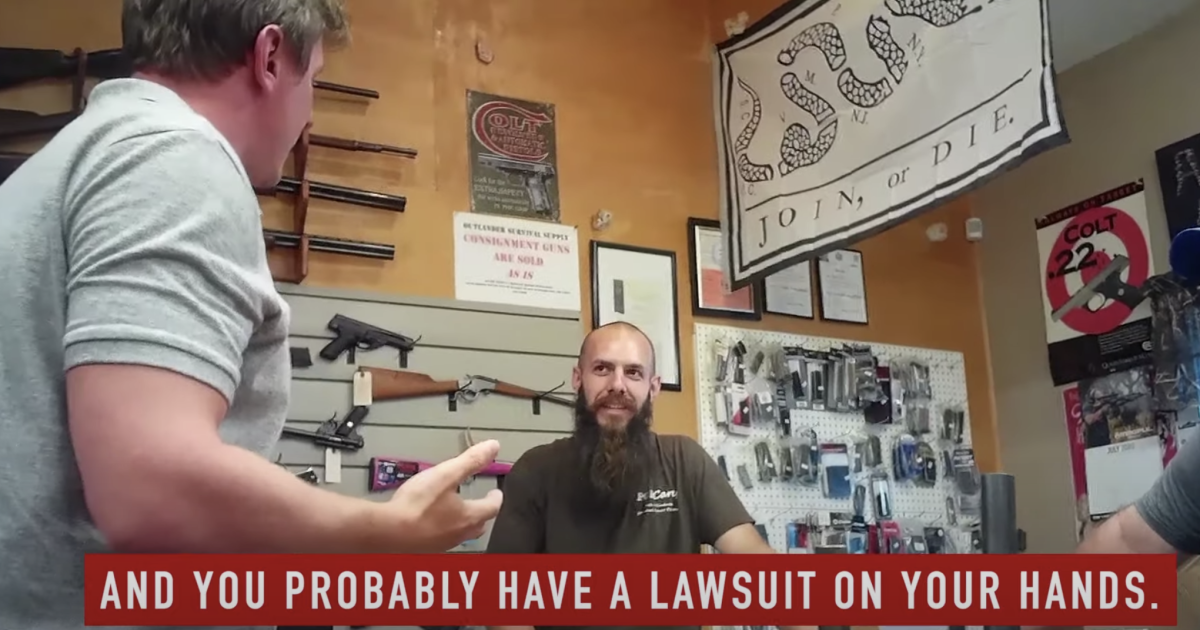As of today, there is only one gun case of note now pending on certiorari —
Rodriguez v. City of San Jose, where GOA filed the only
amicus brief supporting the petition on May 20, 2020. The Supreme Court ordered San Jose to file a reply to the petition — always a good sign — and we hope for the best, but there is no guarantee that
Rodriguez will not go the way of the other 10 petitions. On June 17, 2020, the City of San Jose filed its
opposition brief, and although San Jose took the unusual step of withholding consent to the filing of GOA’s
amicus brief, San Jose addressed several of the arguments raised by our brief, referring to us as “proposed
amici.”
The most likely reason that the High Court rejected all 10 cases was that there was one (or more) anti-gun Justice(s) among the five Republican-appointed judges on that Court who could not be trusted. (Who might that be?) If so, it would be better to wait for President Trump to get re-elected, and have one more Justice appointed to replace a Democrat, to assemble a majority of five pro-gun votes among six GOP justices, rather than allow Chief Justice Roberts (who upheld Obamacare) or Justice Gorsuch (who just rewrote the 1964 Civil Rights Act) to again side with the solid anti-gun Democratic bloc on the Court, the pro-gun justices would continue to bide their time.
Supreme Court inaction is certainly not the worst thing that could happen. President Trump’s appointments to the lower federal courts are turning some of the twelve federal circuits from anti-gun to pro-gun, and every month that passes, the turnover in lower court judges improves gun rights. And it certainly is true that a bad Second Amendment decision would be worse than inaction, as it would undermine — not strengthen — the power of the Supreme Court’s most recent guidance in
Heller and
McDonald.

www.cato.org

